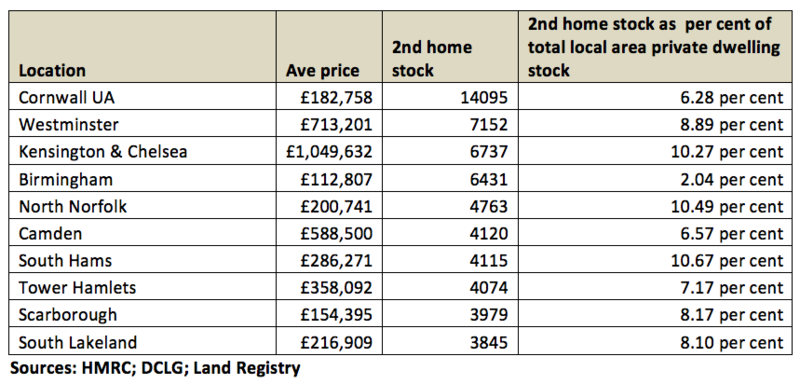Second Home Ownership
Post on: 17 Июль, 2015 No Comment

Talk to a Local Residential Real Estate — Buy / Sell Attorney
Many people are tempted to buy a second home. Maybe you fell in love with a vacation spot. Or maybe you want to take advantage of falling home prices. Or perhaps you recently sold a home, made a decent profit and want to reinvest the money in two homes instead of one. Before you purchase a second home, carefully consider your reasons for doing so, analyze the expenses and effect on your taxes, and decide whether it would make sense to invest in a rental property.
Don’t Rush Into the Decision
Many people purchase second homes after visiting an area while on vacation and falling in love with it. But your decision to purchase a second home should be more than just an emotion decision. Make sure that you love the area in which you’re purchasing—make more than one trip to the area and visit during several seasons of the year.
Carefully consider how much time you realistically want to spend in the area, and compare the annual expense of home ownership to the cost of staying in a hotel. In addition to mortgage, insurance, property taxes and maintenance, remember that you’ll also have to furnish the home and might have to hire a caretaker if you live far away or visit infrequently.
How Will You Pay for It?
Since the meltdown in the mortgage industry and the recent rash of foreclosures, many lenders have tightened their requirement and are less likely to approve mortgage applications. On top of this, lenders have always been reluctant to give loans on second homes.
While it makes sense to talk to the bank that holds your existing mortgage, realize that it may take time to find a lender who is willing to give you a loan for your second home. In addition, you should be prepared for a mortgage interest rate that is up to 2 percentage points higher than the rates offered for primary residences.
If you have a home equity loan or home equity line of credit, you can consider tapping into that equity to use as the down payment on your second home.
Tax Deductions
If you use your second home strictly for personal use, then the Internal Revenue Service (IRS) allows you to deduct the cost of the mortgage interest and property tax on your federal tax return. If you have more than two homes, you’ll only be able to deduct the mortgage interest for two of the homes. However, you will be able to deduct the property tax for all of the homes you own.
Will You Rent It Out?
The IRS has specific rules related to the tax treatment of residential rental properties. Different rules apply depending on the specifics of your situation.

How many days a year do you rent the property? If you rent the property for 14 day or fewer a year, then the IRS considers it to be a personal residence, and you are not required to report the rental income. In addition, you can deduct the property taxes and mortgage interest expenses according to the rules that apply to personal residences. If you rent the property for more than 14 days a year, then the IRS considers the property to be an investment property. You’ll be taxed on all rental income, but you’ll be able to deduct rental expenses, like cleaning and maintenance, insurance, and utilities.
How many days do you use the rental property annually? The IRS examines how many days a year you use the property for personal use. If you live in the house for more than 14 days a year or more than 10% of the days that it is rented, whichever is greater, then the IRS will consider the property to be a personal residence. You’ll be unable to deduct any losses you incurred on the property. One the other hand, if you use the property for personal use less than 14 days or 10% of the days that it is rented during the year, it will be considered rental property and you’ll be able to deduct up to $25,000 in losses.
An experienced real estate lawyer or tax lawyer can help you better understand the tax treatment of your rental income and expenses.
Questions for Your Attorney
Before investing in a second home, it makes sense to talk to a real-estate attorney and a tax attorney to ensure that you thoroughly understand the legal and tax ramifications of owning a second home.
Among the questions to consider asking your lawyer:
- Do you have prior experience working with clients who are considering the purchase of a second home?
- If I use this property as a rental investment, how will that affect my taxes?
- What kind of paperwork do I need to document that this is a rental property, and to document my personal use of the property?
- How much do you charge for your services?














